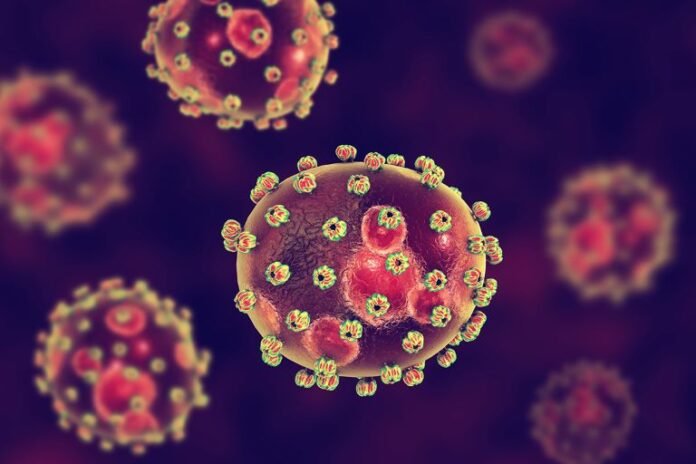The Nigeria Centre for Disease Control and Prevention (NCDC) has confirmed that 172 people have died from Lassa fever so far in 2025, as infections continue to spread across the country.
In its latest situation report released on Tuesday, the NCDC said 924 cases have been confirmed across 21 states and 106 Local Government Areas as of epidemiological week 40.
The agency warned that the case fatality rate has climbed to 18.6%, up from 17% during the same period last year. It described the increase as a worrying signal that the disease remains a serious public health concern.
Most of the confirmed infections were recorded in Ondo, Bauchi, Edo, Taraba, and Ebonyi States — which together account for 90% of total cases.
The remaining 10% were spread across 16 other states, reflecting a persistent nationwide risk despite ongoing interventions.
Rising Cases in Ondo, Younger Adults Most Affected
The report noted that new infections jumped from four in week 39 to thirteen in week 40 — all of them in Ondo State, which continues to be Nigeria’s Lassa fever epicentre.
The NCDC added that the most affected age group falls between 21 and 30 years, with a male-to-female ratio of 1 to 0.8.
However, no new infections among healthcare workers were recorded within the review period — a development the agency described as “encouraging” given the risks faced by frontline medical personnel in previous outbreaks.
Call for Vigilance and Community Hygiene
The NCDC urged Nigerians to remain vigilant and adopt preventive measures such as proper food storage, avoiding contact with rodents, and seeking early medical attention when symptoms appear.
It also appealed to state health authorities to strengthen surveillance, contact tracing, and rapid response systems, particularly in high-risk zones.
Lassa fever, an acute viral illness transmitted to humans through contact with food or household items contaminated by rodent urine or faeces, has remained endemic in parts of Nigeria.
The virus, first discovered in 1969, continues to challenge the nation’s health system each dry season despite periodic awareness campaigns.
Rate, Like 👍, Comment 💬, Share this article, Follow us on our social media handles, and Submit your own story to get featured and earn rewards!







